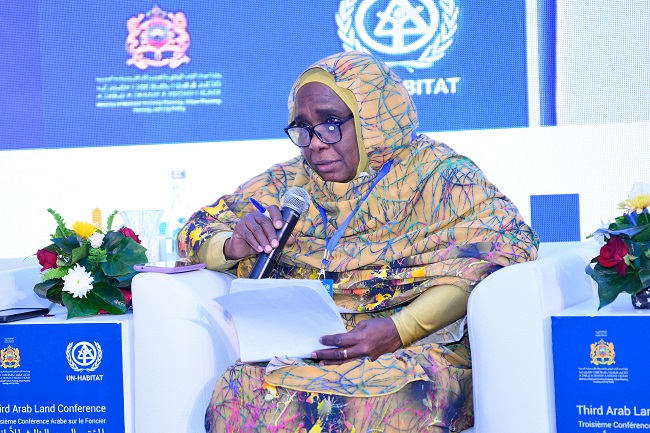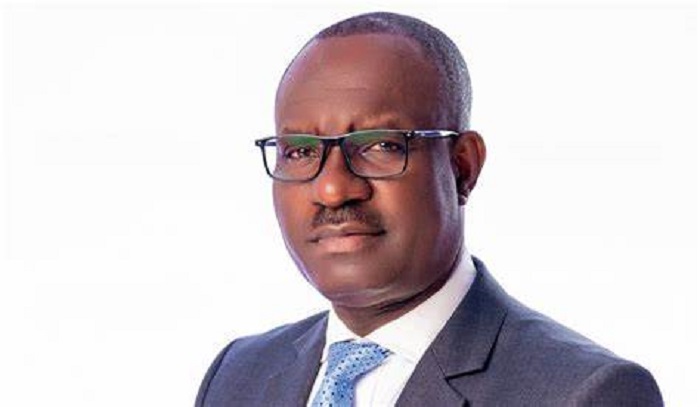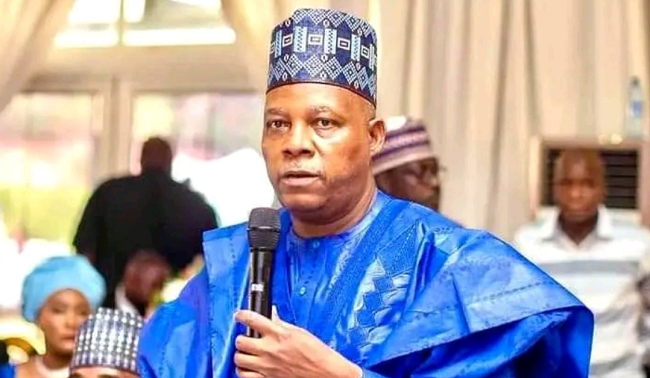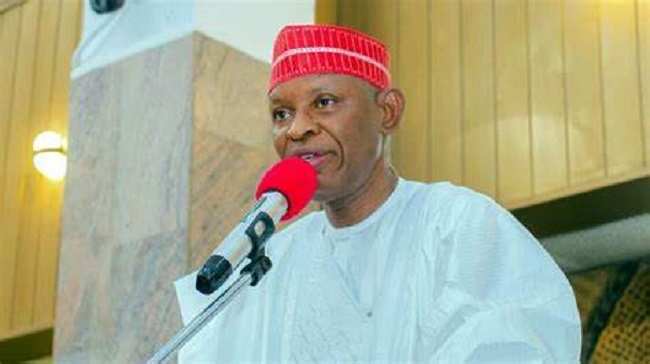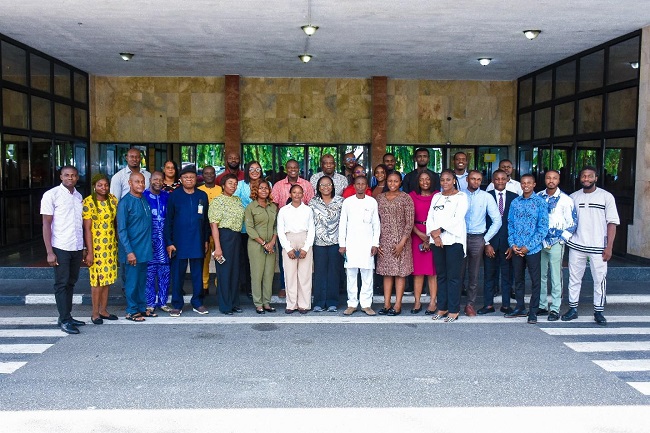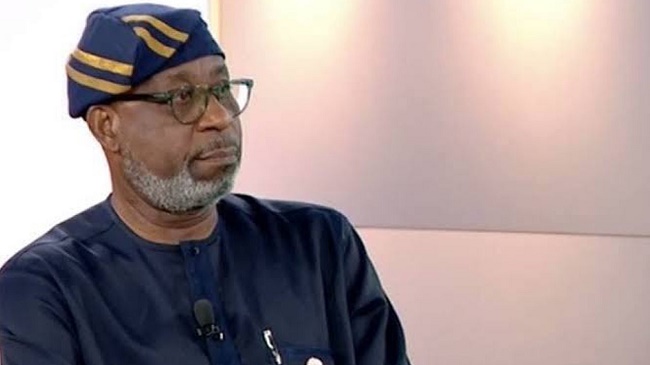Dangote Petroleum Refinery says it has begun exporting refined petroleum products to many African, European, American and Asian markets.

The Deputy Regional Director, South East, Dangote Cement, Mr. Ayirioritse Okerentie, made the disclosure at the ongoing 36th Enugu International Trade Fair on Dangote Special Day.
The regional director listed the products to include aviation fuel and naphtha, Premium Motor Spirit (PMS) and automotive gas oil.
Okerentie said the theme for the fair, “Developing Nigeria Industrial Sector/SMEs for Economic Advancement & Global Recognition”, resonated with the Dangote Industries Ltd.
He said the industry created millions of both direct and indirect employments for people of diverse skills such as administrators, accountants, engineers, technicians, marketing and sales among other.
Okerentie explained that Dangote Petrochemical Complex had kicked off the production of polypropylene, a major raw material used in textile, plastic, furniture and pharmaceutical sectors.
“Our intervention in road construction, through partnerships with both federal and state governments, is well documented.
“Dangote Group has actively participated in road construction and rehabilitation projects aimed at improving transport conditions. We reconstructed the Obajana-Kabba road as well as the Apapa-Oshodi-Oworonshoki expressway in Lagos.
“We are reconstructing the Ibeju-Lekki Expressway using concrete. Concrete roads are more durable than the normal asphalt roads, with an estimated lifespan of 100 years.
“Dangote cement operations in over 10 African countries, the group has facilitated the export of cement from Nigeria to other African markets.
“It is on record that Dangote Cement enabled Nigeria to attain self-sufficiency in local production of cement. Nigeria is not only a leading producer of cement, but our export capacity has helped reduced pressure on foreign exchange.
“Dangote Sugar is a leading brand that has made a remarkable impact on the Nigerian sugar sector.
”The company is committed to ensure that Nigeria ends the importation of raw sugar into the country by actively intensifying its execution of the Sugar Backward Integration.
“Similarly, to support government in Food Security, we are also investing in the agricultural sector. These agricultural products will soon be in the market. Dangote salt is refined from the finest quality sea-salts,” he said.
He explained that the expectations were that through this Trade Fair, they would be able to expand awareness for their innovative products, generate sales, get prospective buyers, improve the image of their brands.
In a welcome address, the President Enugu Chamber of Commerce Industry Mining and Agriculture (ECCIMA), Mr. Odeiga Jideonwu, applauded Dangote Industries for being a major sponsor of the fair for the past four years.
The president represented by the first Deputy President, Mr. Eric Chime, said that recent investment of Dangote into oil and gas industry had taken the company to another level, especially in regulating the prices of petroleum products in Nigeria.
ECCIMA called on the Federal Government to give the Company all the needed support to continue to bring smiles on the faces of Nigerians.
By Ifeoma Aka




